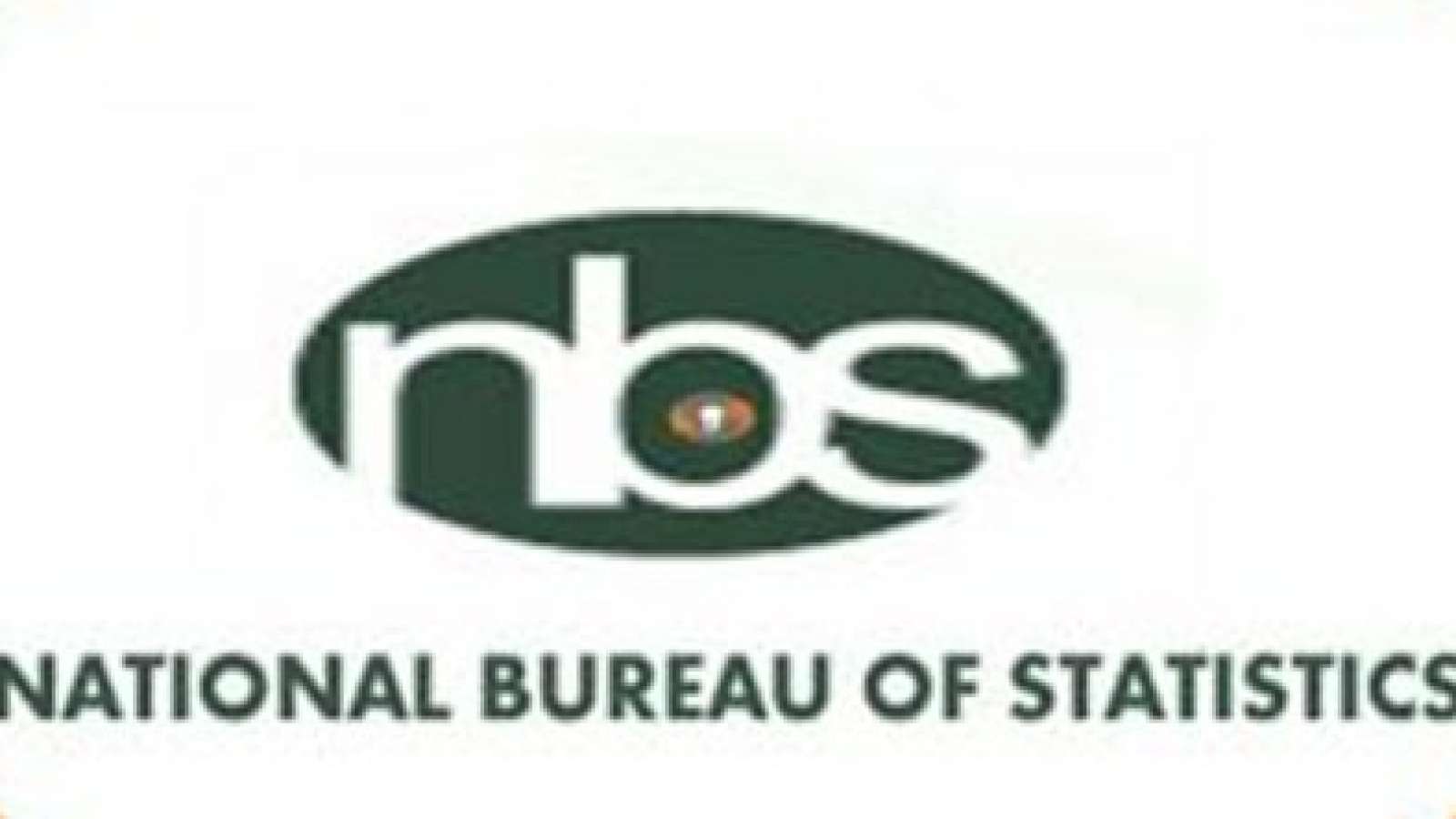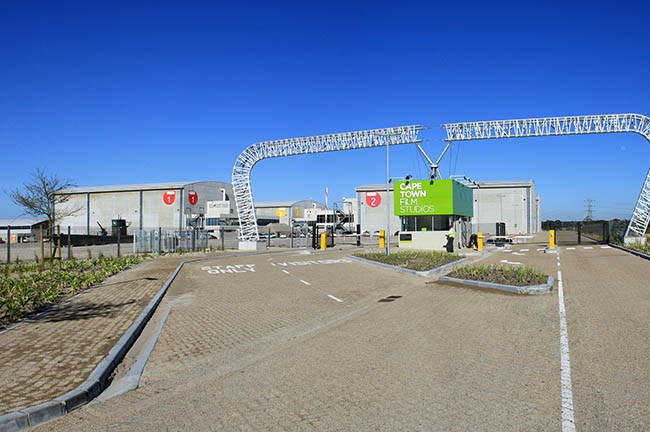IN a bewildering display of statistical acrobatics, the National Bureau of Statistics has pushed out a ridiculously low unemployment rate. Claiming a new methodology that stretches the meaning of gainful labour, its Nigeria Labour Force Survey put the jobless rate in the first quarter of 2023 at 4.1 per cent! It should halt such speciousness immediately; Nigeria’s jobless situation is huge, and urgent measures should be taken by the national and sub-national governments to halt the slide.
But, President Bola Tinubu, presiding over his first Federal Executive Council meeting, is not taken in by NBS’ concoction, but lamented that Nigeria has an unemployment rate “that is unacceptable.” His Finance Minister and Coordinating Minister for the Economy, Wale Edun, concurred: “…it is high and youth unemployment is even unacceptably higher.”
That is stating the obvious as joblessness has become a tinder box. KPMG reckons Nigeria’s unemployment rate at about 40.6 per cent and is projected to climb higher by year-end. About 23 million persons are estimated to be jobless by Jobberman, a recruitment platform. Youth unemployment is 53 per cent according to the Spectator Index.
But the NBS is understating the grim reality. Its report puts the jobless rate in Q1 2023 at an unbelievable 4.1 per cent, and 5.3 per cent in Q4 2022. This not only suggests an improvement early this year, but also a sharp drop in unemployment since Q4 2020 when it was recorded as 33.3 per cent.
To many, this appears a cruel joke. It would put Nigeria in the bracket of countries with the lowest jobless rates in 2023 as calculated by the IMF, such as China 4.1 per cent; Hungary 4.8 per cent; the Netherlands, and Slovenia 3.9 per cent each; Australia 3.96 per cent; United States 3.83 per cent, and United Kingdom 4.15 per cent.
The NBS explained that the rate arose from a new methodology emanating from the International Labour Organisation’s global standard. Under this, the working age is from 15 to 64 years, and a person is deemed employed if he or she worked for at least one hour in the last seven days during the survey period. In the old methodology, an employed person was one engaged in any activity to produce goods and services for a minimum of 20 hours.
The obvious absurdity in this should have cautioned the NBS to stick to the old methodology or adopt one that accords to reality. As the immediate past Statistician-General of the Federation and CEO of NBS, Yemi Kale, said; the committee that had reviewed the rebasing on his watch believed, and most Nigerians agree, that “one hour (counted as employment) did not make sense because income generated within that time frame was not necessarily liveable.”
The current leadership of the bureau should like him, have also rejected the methodology. Its spokesman’s veering away from defending its position to personal attacks on Kale is diversionary. Semiu Adeniran, the current SGoF, should take the avalanche of criticism in good faith and revert to the old methodology, or adopt a new and realistic one.
NBS is a public institution, and its staff members are public servants and bound to listen to the concerns of Nigerians in fulfilling its mandate. All Nigerians are its stakeholders. The new methodology is unhelpful by grossly understating the country’s precarious situation; period.
There is no law compelling Nigeria to adopt a particular methodology. Instead, it is her sovereign prerogative to choose the one that best meets her planning needs and national aspirations. This one does not.
Unemployment and poverty have worsened in the past three years, driven by insecurity, economic shocks and job losses. The NBS had said last year that 63 per cent or 133 million Nigerians were living in multidimensional poverty. Inflation pushed an estimated four million more Nigerians into poverty in the first five months of this year, the World Bank said. With millions of Nigerians languishing in poverty accentuated by the removal of the petrol subsidy and hyper-inflation, the 4.1 per cent figure is illusory.
Reliable statistics are essential, enabling policymakers to identify economic, social, or environmental issues that need to be addressed, and to guide them in fixing the same. Therefore, data should not be slanted or understated no matter how well-intentioned.
The NBS should stick to acceptable methodology in providing statistics that reflect the Nigerian reality, and better assist policymakers, businesses, researchers, and investors to evolve and implement measures to stimulate job creation and economic growth. Urgently, the national and sub-national governments should adopt an emergency stance to reverse unemployment and poverty.
They should not be deceived or complacent; the jobless time bomb is big, primed and ticking louder.
*The PUNCH Editorial









